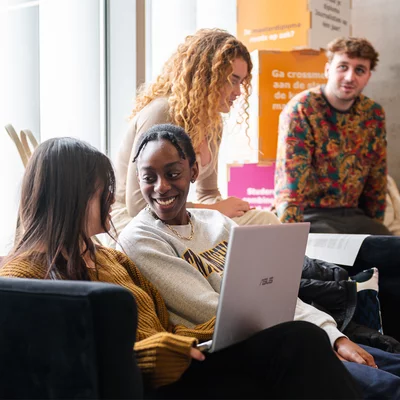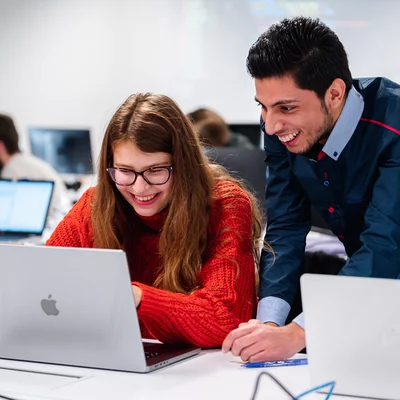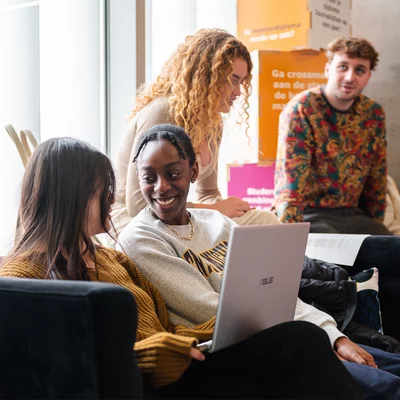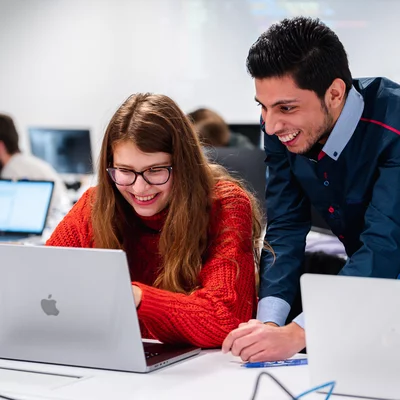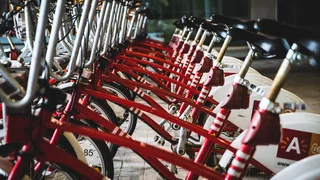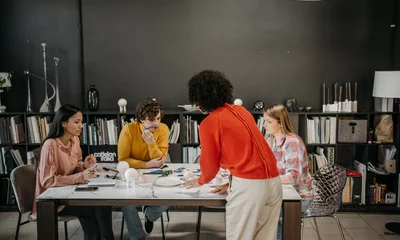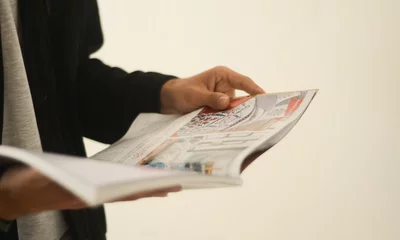
De sharing consument binnen sharing/collaborative communities en economieën
Naast massaconsumptie kiest men meer en meer om goederen of diensten te delen. Fiets- en autodelen, kringloopcentra, en open source fora zijn ‘oudere’ voorbeelden. De laatste vijf jaar groeien de sharing toepassingen exponentieel.
De motivaties om aan sharing initiatieven deel te nemen zijn verscheiden. Ze hangen af van de persoonlijkheid van de gever en/of nemer en van contextvariabelen.
Wat persoonlijkheid/motivaties betreft, spelen bij het gratis geven van goederen of overschotten het Pay It Forward Principes, collaboratie, coöperatie, ‘goed willen doen’ (pro-sociaal zijn) en/of duurzaamheid een rol. Tevens kunnen economisch/financiële motieven een rol spelen: voor de nemer ‘ik spaar geld uit door iets te krijgen of te lenen’, voor de deler/gever: ‘ik spaar tijd uit door m’n goederen waar ik vanaf wil niet zelf naar het containerpark te moeten brengen’ of ‘ik verdien aan deze rit, auto of kamer die ik deel’.
Het succes van sharing, de sharing economie en de nieuwe verdienmodellen die daardoor de kop opsteken, worden zeker ook meebepaald door contextvariabelen. Niet alleen door het internet, sociale media, rating systemen; door de financiële crisis en veranderende maatschappij (meer eenouder-gezinnen), maar zeker en vast ook door het product of de dienst zelf (x deelt men wel, y liever niet) en door het soort sharingmodel (gratis versus betalend).
Inzicht krijgen in bepalende persoonlijkheids- en omgevingsfactoren die leiden tot deelnemen of afhaken aan sharing initiatieven, was de hoofddoelstelling van dit project. En dit om advies te kunnen formuleren aan (pre)starters en ondernemers in de deeleconomie.
Ook werden stedenten tijdens het project ingezet om te focussen op juridische (studenten Rechtspraktijk) of fiscale (studenten Accountancy en Fiscaliteit) kwesties rond de deeleconomie.
Relevant news
- Step-by-step plans for tax obligations of sharing economy recognized platforms Income 2017 - Assessment year 2018
- Belastingsregime deeleconomie voor DIENSTEN via ERKENDE platformen. Programmawet 1 juli 2016, BS 4 juli 2016.
- The government finally creates clarity for the sharing economy, De Tijd.
- These are the 8 platforms where you can earn extra money at a reduced tax rate, De Tijd.
- Report on Ghent, city of the commons (Michel Bauwens and Yurek Onzia)
Valorisation
In the past year research was carried out into the motives and levers as well as personal characteristics for participation in the sharing economy. We also immersed ourselves in the revenue and business models and in legal and tax issues of the sharing economy.
The agenda for the coming six months includes participation in the Science Café (12/9/2017), the WoooW science festival (26/11/2017) and writing a proceeding in response to our contribution to the international MIC conference. We also focus on making our research and the various final projects (BAPs) that contribute to our topic publishable and visually attractive. Finally, and as icing on the cake, we use the valorisation process for organizing, networking during and following up after the closing event on The Sharing Personality (7/9/2017).
Research realisations and publications

Subreport 1
Qualitative research based on desk research and interviews with 11 users or platform owners and with 3 non-users of such platforms.
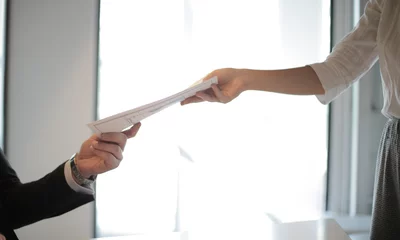
Subreport 2
Quantitative research into the personalities and motives of (non-)participants in the sharing economy (survey N=433).

Article conference
The Sharing Economy: About Micro-Entrepreneurship and Givers’ (Financial) Motives.

Article Oikos
The Sharing Personality: Who does (not) participate in sharing initiatives and why (not)?
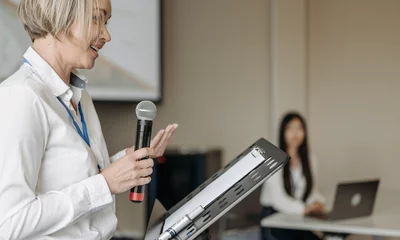
Presentation
Sharing: a matter of personality or of contextual levers.
IMGent congress, Between Sharing and Protecting: about knowledge, information, communication.
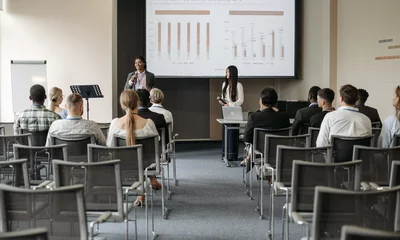
Presentation
Sharing Economy: new business models.
MIC Conference Venice. Italy.

Presentation
'The Sharing Personality - Sharing Business Models - Gent climate city'.
Closing event The Sharing Personality, Arteveldehogeschool.

Article
Participation in the life show 'for no money', by Journalism students of Artevelde University College.
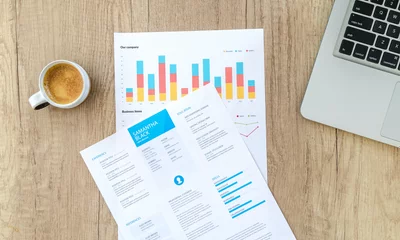
Bachelor thesis
Research into legal and tax implications of the Sharing Economy (2016) Dejonghe S., Vanderbrugghen, Y., Van Maldergem, S., Van Nevel, V. & Winderickx, L.

Bachelor thesis
Airbnb versus tradiotional hotels. How can the hotel industry win from the business of sharing ? (2016) Declerck J.

Bachelor thesis
The Sharing Economy: on platforms and mobility: a legal overview (2017) Risack, L., Decock, E., Messany, D., Standaert, L. & Vandenberghe, N.
Meet the team
Work with us?
Request customised research
We are happy to assist you with your research enquiries.
